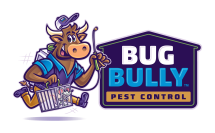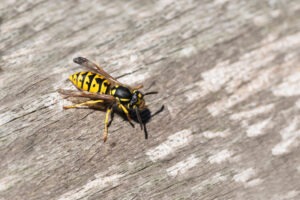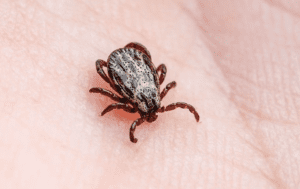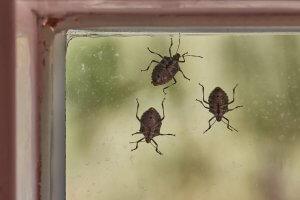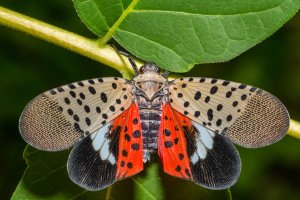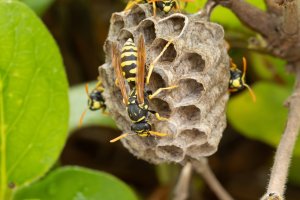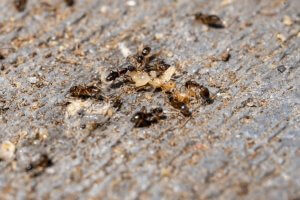If you live or work in Central Massachusetts, chances are you’ve crossed paths with a grey squirrel. Whether you’re sipping coffee at your favorite Concord café, managing a restaurant in Worcester, or enjoying a quiet afternoon in your Framingham backyard, these agile, bushy-tailed animals are a common part of the local scenery. While grey squirrels may seem harmless at first glance, they can become quite a nuisance when they invade attics, crawlspaces, or even commercial kitchens.
At Bug Bully Rodent & Pest Control, we understand that keeping your home or business secure means staying ahead of potential pest problems. That’s why we’re here to offer some insight into the behavior of grey squirrels, their impact on properties, and the best approaches to squirrel control in Worcester, Framingham, Northborough, Concord, and the surrounding areas.
What Are Grey Squirrels?
The Eastern grey squirrel, known scientifically as Sciurus carolinensis, is a tree-dwelling rodent native to North America. These squirrels are recognizable by their predominantly grey fur with white undersides and bushy tails. Adults typically weigh between 14 to 21 ounces and measure about 18 to 20 inches from nose to tail.
Grey squirrels are diurnal, meaning they are most active during the day. They are highly adaptable and thrive in both wooded and urban environments, which is why you’ll see them in city parks, suburban neighborhoods, and even the perimeters of restaurant dumpsters.
Why Grey Squirrels Become a Problem
As pest control professionals, we often hear clients express surprise that something as seemingly innocent as a squirrel could cause serious damage. The issue arises when squirrels seek shelter indoors, especially during the colder months. Homes and restaurants offer warmth, food, and a safe place to nest.
Once inside, grey squirrels can chew through insulation, wiring, wood beams, and even food packaging. Their constant gnawing is not just annoying; it can be dangerous. In some cases, squirrels have been known to cause electrical fires by damaging wiring in walls or attics. For restaurant owners, the risk is even greater due to food safety concerns and health code violations.
Squirrel Control for Homes and Businesses
Effective squirrel control involves a combination of exclusion, habitat modification, and—when necessary—humane removal. At Bug Bully Rodent & Pest Control, our first step is always a thorough inspection. We look for entry points such as attic vents, roof edges, chimney caps, and soffits. Squirrels are persistent and resourceful, so it’s crucial to identify even the smallest vulnerabilities.
For homeowners in Northborough or Framingham, that might mean sealing attic vents with galvanized mesh or repairing loose siding. For restaurants in Worcester or Concord, it could mean securing roof access points and reinforcing exterior dumpsters or storage areas.
Once we’ve closed off access, we may install one-way exclusion devices. These allow squirrels to exit safely but prevent them from coming back in. In more complex cases, we use live trapping methods in accordance with Massachusetts state regulations, followed by safe relocation whenever possible.
